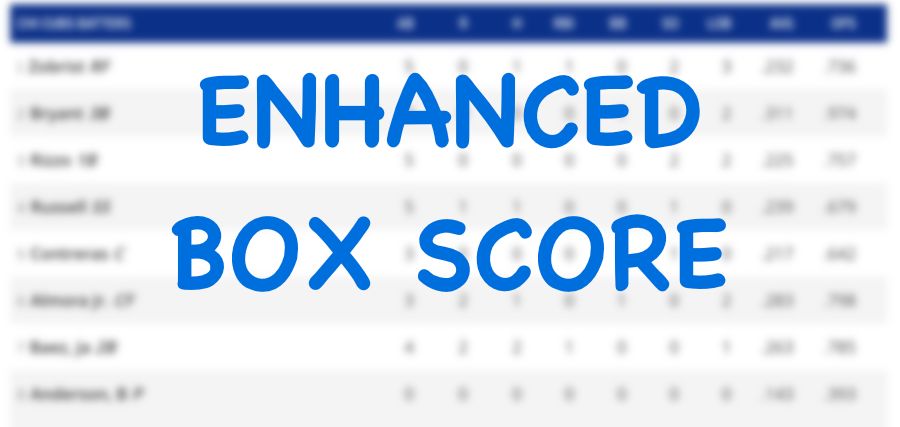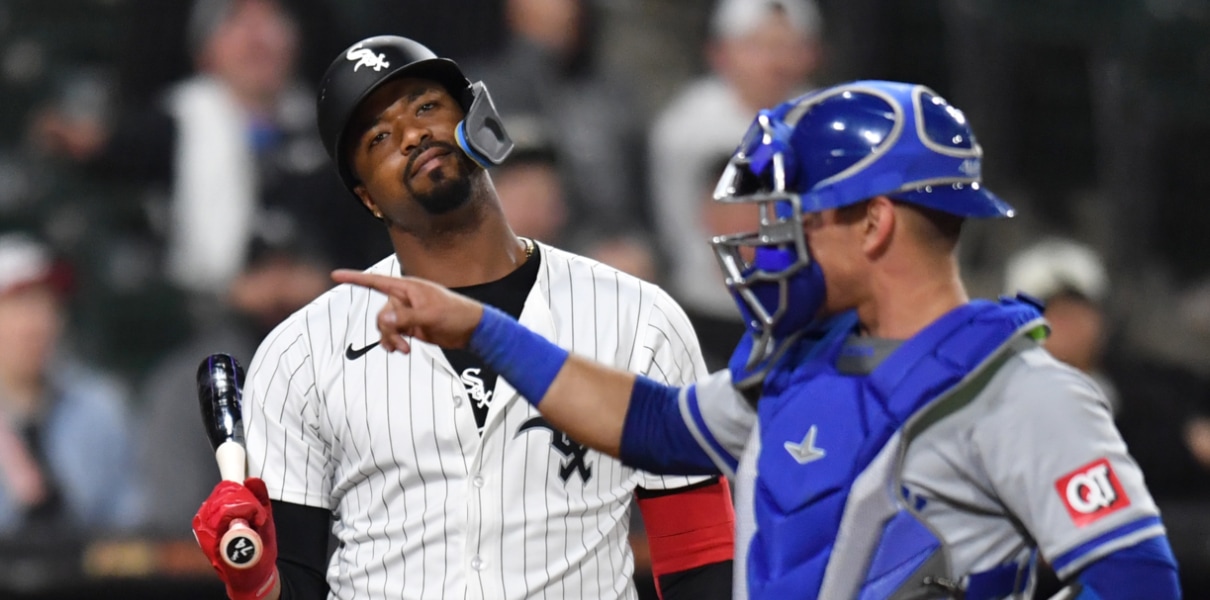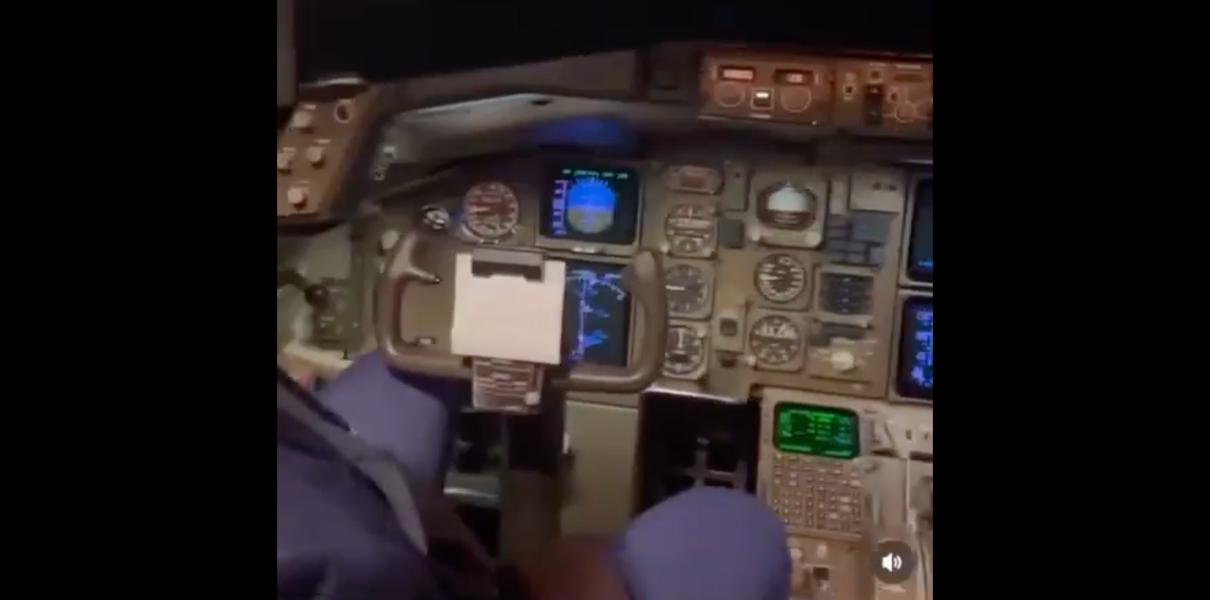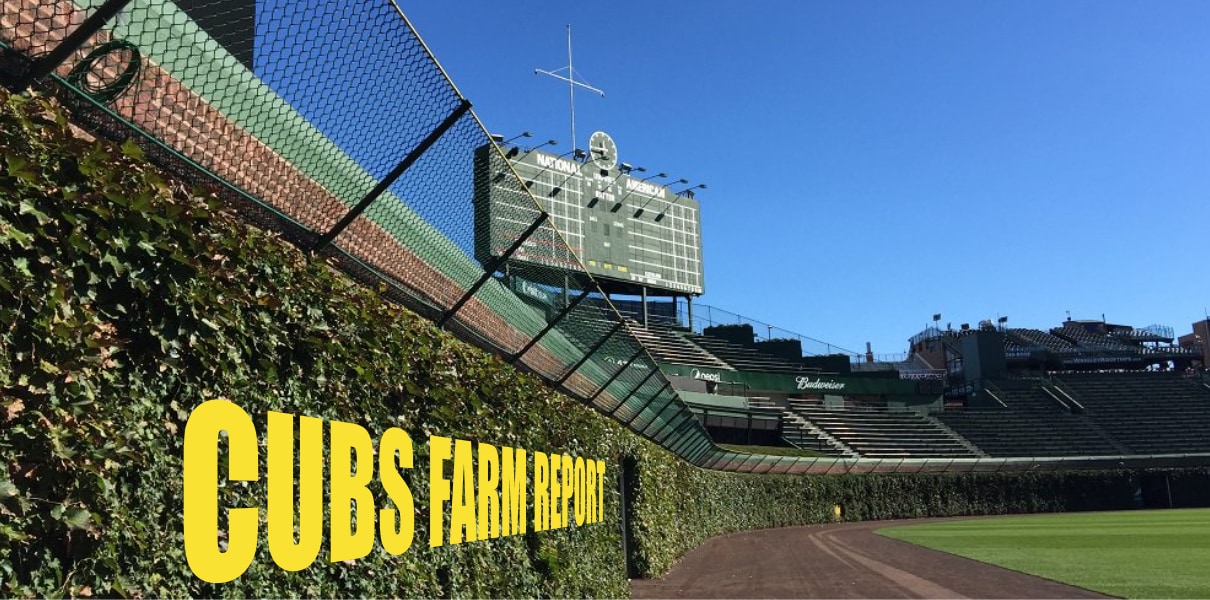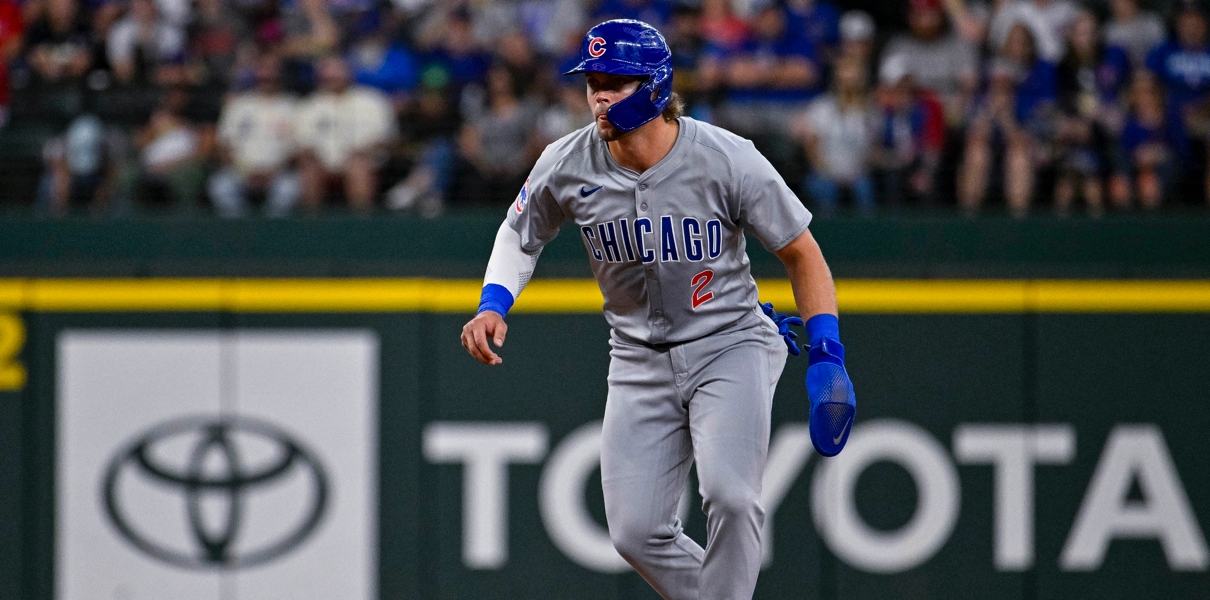Lots of big news around baseball to get into this afternoon …
YouTube TV Drops MLB Network
If you’ve ever dipped your toes into the YouTube TV world, you probably got an email last night saying that MLB Network was no longer going to be carried on the platform:
We have been working hard to renew our deal with the MLB Network to continue carrying their content on YouTube TV. However, we have been unable to reach an agreement, and starting today, January 31, 2023, MLB Network content will no longer be available on YouTube TV. You will also lose access to any previous Library recordings from this channel. Members will be able to continue watching select national MLB games via coverage on FOX, ESPN, and TBS through our Base Plan. We also provide the flexibility to pause or cancel your membership anytime.
We apologize for the news and will continue conversations with the MLB to advocate on your behalf, in the hope of restoring their content on YouTube TV.
It’s yet another very, very unfortunate resolution to a carriage dispute, as YouTube TV (like many others) declines to pay up the premium prices requested by sports content providers. You may recall that, over the last couple years, YouTube TV has dropped as many Regional Sports Networks as possible (and never carried Marquee), not unlike Hulu’s live TV offering and DISH. So it’s a two-way street here, and the lapse in carriage is not entirely attributable to MLB.
That said, the onus for any sport – any entertainment product – is to make itself available to as many possible fans as it can. So, any time the product is not carried on a platform, it is a failure. Maybe YouTube’s price offer for MLB Network was embarrassingly low and MLB could not possibly accept it (sometimes a channel literally cannot accept a certain price level because their other contracts prohibit it). So again, two-way street, and I’m not going to sit here and say it’s entirely on MLB. But it’s disappointing nonetheless, just as it is when any of the RSNs are not available on any provider’s service.
It’s also disappointing because, to date, MLB and YouTube have seemingly had a good relationship, what with games being streamed on YouTube for free from time to time, and relatively robust highlights packages being made available. You’d hope this news does not bear on that relationship.
All that said, in a world where MLB goes further and further into the direct-to-consumer streaming world, carriage with the various providers is going to become less and less critical to the future of the sport (assuming MLB makes good on its hopes, eventually, to provide all games to all fans in every location without blackouts.)
The Houston Astros Sign-Stealing Scandal in Historical Context
Evan Drellich is sharing a portion of his book on the Houston Astros sign-stealing scandal over at The Athletic, including a visual of *THE* infamous trash can:
I am not sure we knew this until now, but it sounds like it was Drellich’s own work back in 2018 that actually tipped off MLB that even people within the Astros’ organization were admitting, privately, that the electronic sign-stealing was happening. Turns out no one would talk to the league about it – only a reporter, anonymously.
Maybe the most compelling part of the except that Drellich shares is an anecdote about the organizational rot that – I would now argue – may have gone to the very center of the organization:
During my time covering the Astros, from late 2013 into 2016, they were a controversial franchise. I reported on questions about their management culture and decision-making with the support of my newspaper, the Houston Chronicle, which was the only outlet in the city that covered the team on the road and was not also owned by the team.
The Astros had tried to bully me into submission. In 2015, the owner of the team and the head spokesperson attempted to remove me from the beat in a meeting with a pair of Chronicle editors simply because they didn’t like my coverage. Thankfully, my editors stood by me.
It bothers me that the Astros have been so successful over the last decade, despite what increasingly seems to be a contemptuous lot at the top for much of that time.
In any case, read the excerpt at The Athletic for more. It’s definitely an interesting background on how the story came to light.
MLB’s Antitrust Exemption Getting Heat from the Justice Department
There are, at any given time, a handful of court cases in process involving Major League Baseball, so you might not have all of them top of mind. The one that’s in the news right now is the one about the minor league teams that lost their affiliation when the minor leagues shrunk a few years ago. Four of those teams got together and sued MLB for antitrust violations, arguing – among other things – that MLB’s longstanding exemption from federal antitrust laws should no longer apply.
The U.S. Department of Justice has submitted a brief in support of those teams, and at least arguing that the antitrust exemption should not be expanded:
The Justice Department previously signaled that it was going to start pushing against the antitrust exemption last year at the district court level, so this is just an extension of that process. If you want WAY more background on the exemption and why it is so important to MLB, read here.
The longstanding antitrust exemption is actually under fire with some regularity, but now that the Justice Department has entered the fray, in a case that at least has the POTENTIAL to make its way to the Supreme Court, MLB has to be sweating a bit. Recall, the exemption exists only by Supreme Court edict, and most legal scholars feel like it’s a bit of an outlier that, if challenged again in the highest court, could actually fall. (At which point MLB would have to lobby Congress to pass a law giving it back, which seems pretty unlikely given that the other major sports all operate subject to antitrust laws.)






